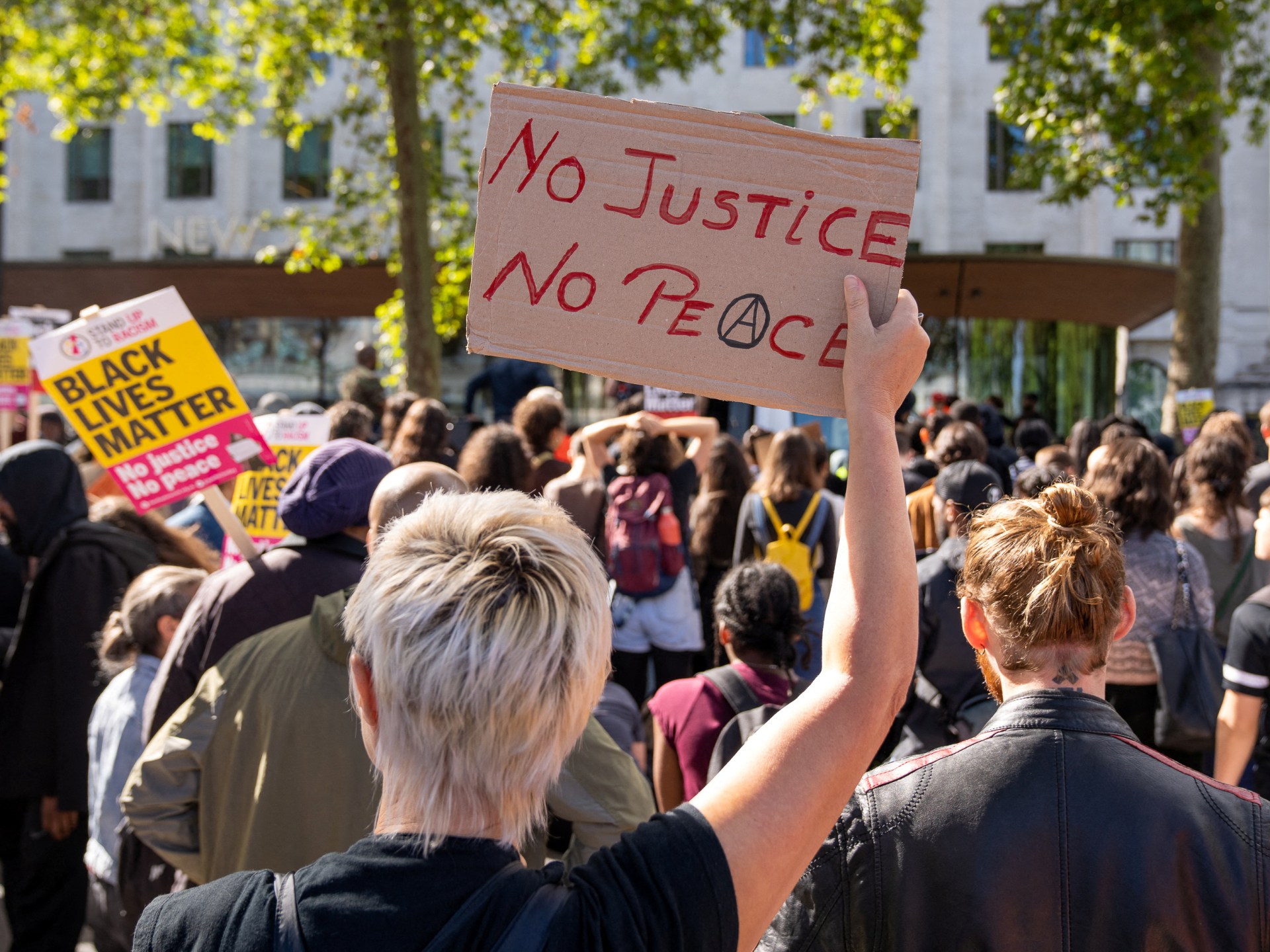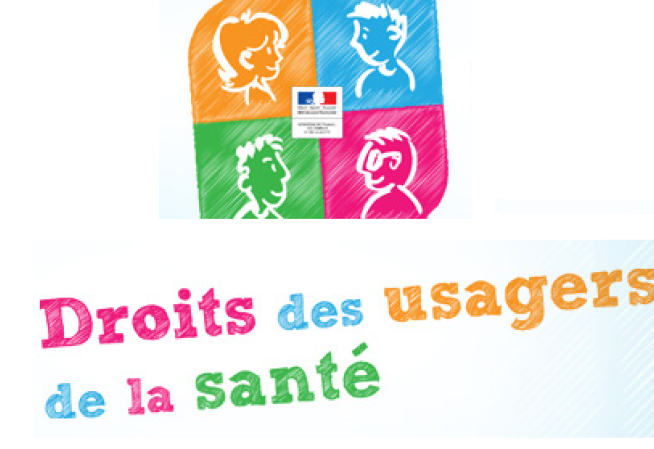Police Conduct Watchdog Challenges BBC Panorama's Chris Kaba Report To Ofcom

Table of Contents
The BBC Panorama Investigation – Key Allegations
The BBC Panorama investigation into the Chris Kaba shooting presented a compelling case alleging significant police misconduct. The documentary focused on the circumstances surrounding Kaba's death, raising serious concerns about the police's use of lethal force and the subsequent handling of the investigation by the IOPC. Keywords related to this section include: Chris Kaba shooting, police misconduct, Panorama documentary, IOPC investigation, police firearms, reasonable force.
- Lack of Transparency: The Panorama program highlighted a perceived lack of transparency surrounding the initial IOPC investigation, claiming vital information was withheld from Kaba's family and the public.
- Excessive Force: The documentary questioned whether the use of lethal force was justified, given the circumstances surrounding the shooting. Witness testimonies and police radio communications were presented as evidence.
- Inadequate Initial Investigation: The BBC Panorama report suggested the initial IOPC investigation was inadequate and failed to fully explore key aspects of the case, leading to concerns about the impartiality and thoroughness of the process. Specific evidence such as forensic analysis and witness accounts were presented to support these claims.
- Police Firearms Training and Procedures: The program questioned the training and procedures surrounding the use of police firearms, suggesting deficiencies in the protocols followed by the officers involved.
The IOPC's Complaint to Ofcom – Grounds for Challenge
The IOPC's complaint to Ofcom centers on allegations of factual inaccuracies and breaches of broadcasting standards in the BBC Panorama program. Keywords important for this section are: IOPC complaint, Ofcom investigation, media impartiality, factual accuracy, editorial standards, misrepresentation. The IOPC argues that the Panorama program misrepresented key aspects of its investigation into the Chris Kaba shooting.
- Misrepresentation of Facts: The IOPC claims the Panorama program presented a biased and inaccurate account of the events leading to Kaba's death, omitting or misrepresenting crucial evidence.
- Breach of Impartiality: The IOPC argues the program failed to meet Ofcom's broadcasting code regarding impartiality, presenting a one-sided view that unfairly criticized the police and the IOPC's investigation.
- Due Diligence Concerns: The IOPC's complaint also raises concerns about the BBC's due diligence in verifying the accuracy of the information presented in the documentary. They allege a lack of sufficient attempts to obtain and present the IOPC’s perspective.
- Impact on Public Perception: The IOPC’s action is likely motivated by a concern that the Panorama programme could damage public trust in the police and the IOPC itself.
Potential Implications and Wider Context
The IOPC's challenge to the BBC Panorama program has significant implications for police accountability and media freedom in the UK. Keywords for this section include: police accountability, media scrutiny, public trust, investigative journalism, freedom of the press, Chris Kaba case implications. This case raises critical questions about the balance between investigative journalism’s role in scrutinizing police conduct and maintaining the integrity of official investigations.
- Impact on Investigative Journalism: The IOPC's action could potentially chill investigative journalism, deterring future investigations into police conduct for fear of legal repercussions.
- Public Trust: The outcome of Ofcom’s investigation will significantly affect public trust in both the police and the media. A finding against the BBC could erode public confidence in investigative reporting, while a finding against the IOPC could damage public trust in police oversight bodies.
- Legal and Ethical Considerations: The case raises important legal and ethical questions about the boundaries of media freedom and the right to scrutinize public bodies, balancing this with the potential for damaging misrepresentations.
- Setting a Precedent: The outcome of this case will set a significant precedent for future investigations into police conduct and the relationship between investigative journalism and official inquiries.
The Role of Ofcom in the Decision-Making Process
Ofcom, the UK's communications regulator, will play a crucial role in determining the outcome of the IOPC's complaint. Keywords relevant here are: Ofcom broadcasting code, regulatory process, independent investigation, broadcasting standards, media regulation UK.
- Adjudication of the Complaint: Ofcom will review the IOPC's complaint, assess the evidence presented by both parties, and determine whether the BBC Panorama program breached its broadcasting code.
- Potential Outcomes: Possible outcomes range from finding no breach to issuing a formal reprimand, requiring a correction, or even imposing a financial penalty.
- Timeline and Decision: Ofcom's investigation will take time, and the timeline for their final decision is uncertain, depending on the complexity of the case.
Conclusion
The IOPC's unprecedented challenge to the BBC Panorama's Chris Kaba report highlights the ongoing tensions between investigative journalism and official inquiries into police conduct. The outcome of Ofcom’s investigation will significantly impact the balance between police accountability and media freedom. The debate surrounding the Chris Kaba case underscores the crucial need for transparency and rigorous scrutiny in investigations of potential police misconduct. The Chris Kaba case continues to serve as a critical examination of police accountability and the vital role of media in challenging potential abuses of power.
Call to Action: Stay informed about the latest developments in the Chris Kaba case and the Ofcom investigation by following reputable news sources and engaging in the conversation online using #ChrisKaba and #PoliceAccountability. Learn more about the ongoing debate surrounding police conduct and media scrutiny to advocate for improved police practices and greater transparency.

Featured Posts
-
 Will Tariffs Replace Income Taxes Examining The Economic Realities
Apr 30, 2025
Will Tariffs Replace Income Taxes Examining The Economic Realities
Apr 30, 2025 -
 Find Untucked Ru Pauls Drag Race Season 16 Episode 11 Free Streaming
Apr 30, 2025
Find Untucked Ru Pauls Drag Race Season 16 Episode 11 Free Streaming
Apr 30, 2025 -
 Eurovision 2025 Betting Tips Latest Odds And Predictions
Apr 30, 2025
Eurovision 2025 Betting Tips Latest Odds And Predictions
Apr 30, 2025 -
 Dzilijan Anderson U Retro Stilu Elegancija Bezvremenske Mode
Apr 30, 2025
Dzilijan Anderson U Retro Stilu Elegancija Bezvremenske Mode
Apr 30, 2025 -
 Hemorroides Risques Et Informations Des Patients En Franche Comte
Apr 30, 2025
Hemorroides Risques Et Informations Des Patients En Franche Comte
Apr 30, 2025
